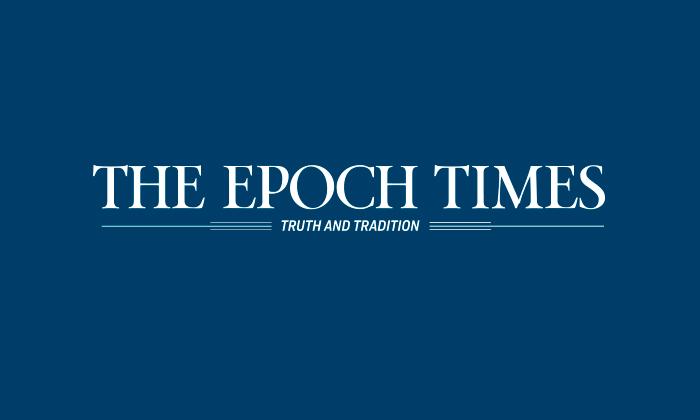In the 1960s, our country issued a call-to-arms as it had many times since 1775. Its young men and women had never failed to heed that call. Since Bunker Hill, circumstances occurred to test our nation’s young in the art of war-fighting as an obligation of duty to their country. From the War of Revolution through the war in Korea, America’s best stepped forward almost in unison.
During the war in Vietnam, you were the ones who answered that call. In spite of others in our bifurcated nation, who fled the confines of the United States, dodged the draft, or feigned any number of mental and/or physical maladies to avoid military service, you answered that call—you responded. In spite of friends, relatives, and even parents pleading with you to avoid military service—you responded. Regardless of the pardoned deserters and draft dodgers, and regardless of the well-connected members of our society receiving “special” treatment and exceptional consideration, you either accepted your draft notice, or you volunteered—you responded. In that vein, you were no different from your fathers and grandfathers who served in World War II and the Korean War. You trained to become a member of America’s elite military forces deploying to the war in Vietnam. You made friends; shared hardships; had good times, fun times, and some bad times; and developed a manifest comradery, often still lingering. Indeed, you formed a brotherhood, easily recognized by veterans of those earlier wars and those younger veterans of our most recent wars. ... Most all of you put your life on hold while you served your country in time of war, and you completed your tour of duty with honor.



